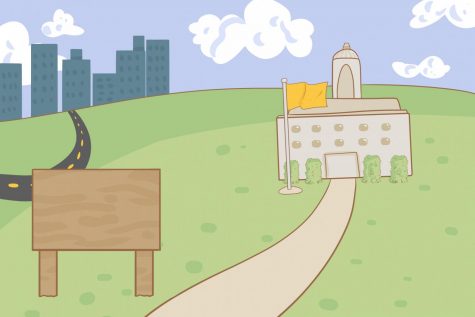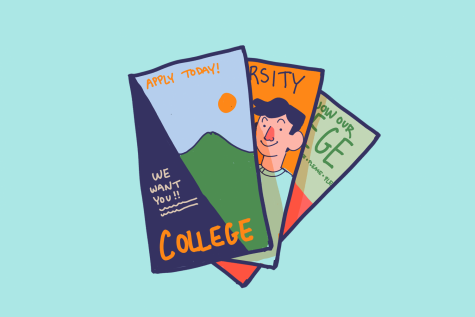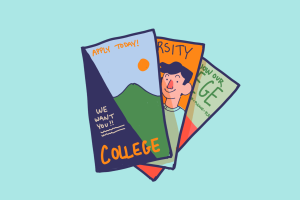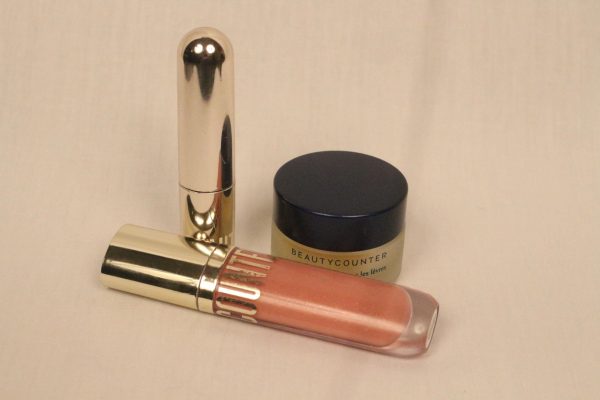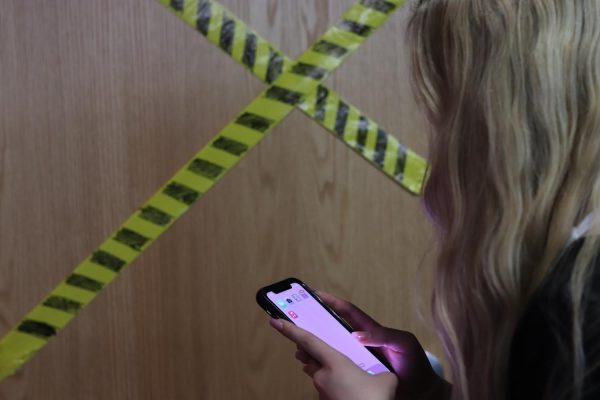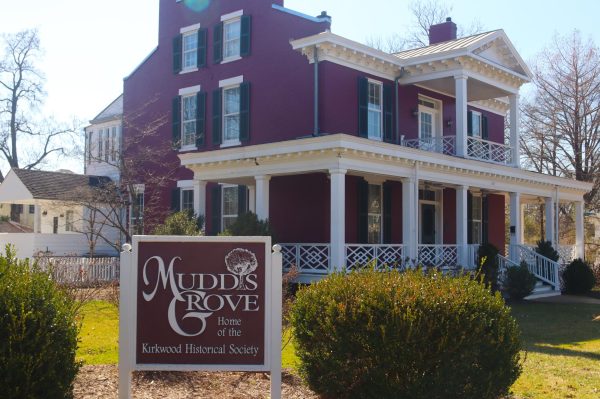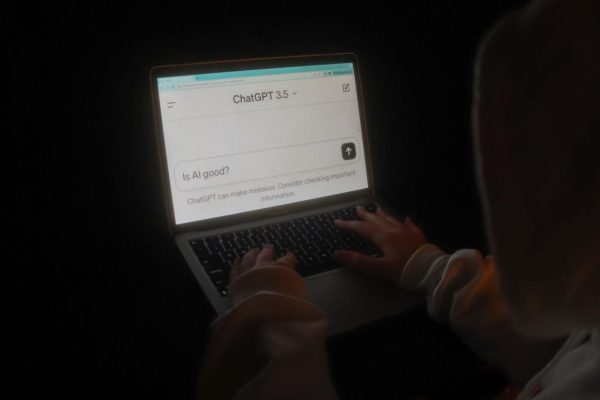Ivy and thorns
For four years, students work long days and sleep short nights just for the chance to receive that email with “Congratulations!” in the title. But despite the hype, Ivy League colleges might not be all they’re cracked up to be.
“What college are you going to?”
I, like the rest of my fellow seniors, have been asked this quite a bit over the past months. For some, the answer is easy. They’ve known for months. For others, they’re pretty-sure-but-not-actually-for-sure attending that school in Oklahoma you Googled later because you’d never heard it before. There is pressure to find an answer. A good one.
This pressure is best seen in the high school students who have set their sights on attending elite, Ivy League colleges. For four years, students work long days and sleep short nights just for the chance to receive that email with “Congratulations!” in the title. But despite the hype, Ivy League colleges might not be all they’re cracked up to be.
The desperation to be admitted into elite schools thrust into the spotlight when news came of a massive admissions scandal in which dozens of wealthy parents, including actresses Lori Loughlin and Felicity Huffman, paid a man to help their children get into top schools such as Georgetown University and the University of Southern California. They cheated on entrance exams such as the ACT and SAT, bribed coaches and fabricated athletic ability.
The scandal exposed just how far some will go to get into these schools, but also undermined the notion that these schools are academically superior to others. Take Olivia Jade, who in YouTube videos talked about how she “didn’t really care about school, as you all know.” If students like her had to cheat their way into their schools because they couldn’t get in on their merits, they should have failed once they got in. But they didn’t. It wasn’t until the scheme was unraveled that Oliva dropped out due to the humiliation of being implicated in the largest college admissions scandal in history. The idea that one must go to an Ivy League in order to be successful is flawed. In fact, 8 out of 10 of the CEOs of the top 10 companies attended public universities. It’s not them, it’s you.
Many students cram their schedule with honors and AP classes for the sole purpose of getting into top universities. It’s ironic then, that the students at the top of their class are often the ones getting rejected. Because the number of applications to top colleges are at a record high and admit rates are at record lows, the chances of actually getting into these colleges are slim. It’s a sad sight to see valedictorians and NHS students heartbroken when they don’t get the news they were hoping for from their dream school. There are so many incredible universities that would admit the same accomplished students in a heartbeat, but instead students are left crushed because they were rejected from for what could have been an arbitrary reason. It’s not you, it’s them.
Getting into college is one thing. Paying for it is another. According to Time Magazine, the average borrower of student loans is $37,000 in debt by the time they walk across a stage and receive their degree. Top universities often come with a hefty price tag; Harvard University’s cost of attendance is over $70,000 per year. Students who choose to attend community college are often looked down upon, but if the alternative is a lifetime of debt, the smart students will not be the ones walking Yale’s halls come August.
The social status that comes with being able to call yourself a Hoya or a Tree (very creative, Stanford!) is compelling. But the truth is that no one cares where you go to college. So if you choose a college you love, it may just love you back. Especially after the tuition is paid.
Your donation will support the student journalists of Kirkwood High School. Your contribution will allow us to purchase equipment and cover our annual website hosting costs.

Interests: Music, politics, podcasts.
Favorite musical artist: Can’t name just 1: Beyoncé, Taylor Swift, slayyyter, Kim Petras, gaga, Ariana grande,...
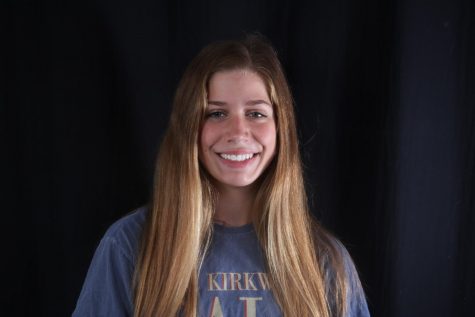
Interests: Running, drawing, governing + watching parks and rec.
Favorite musical artist: Cage The Elephant.
Favorite quote: "I couldn’t think...



